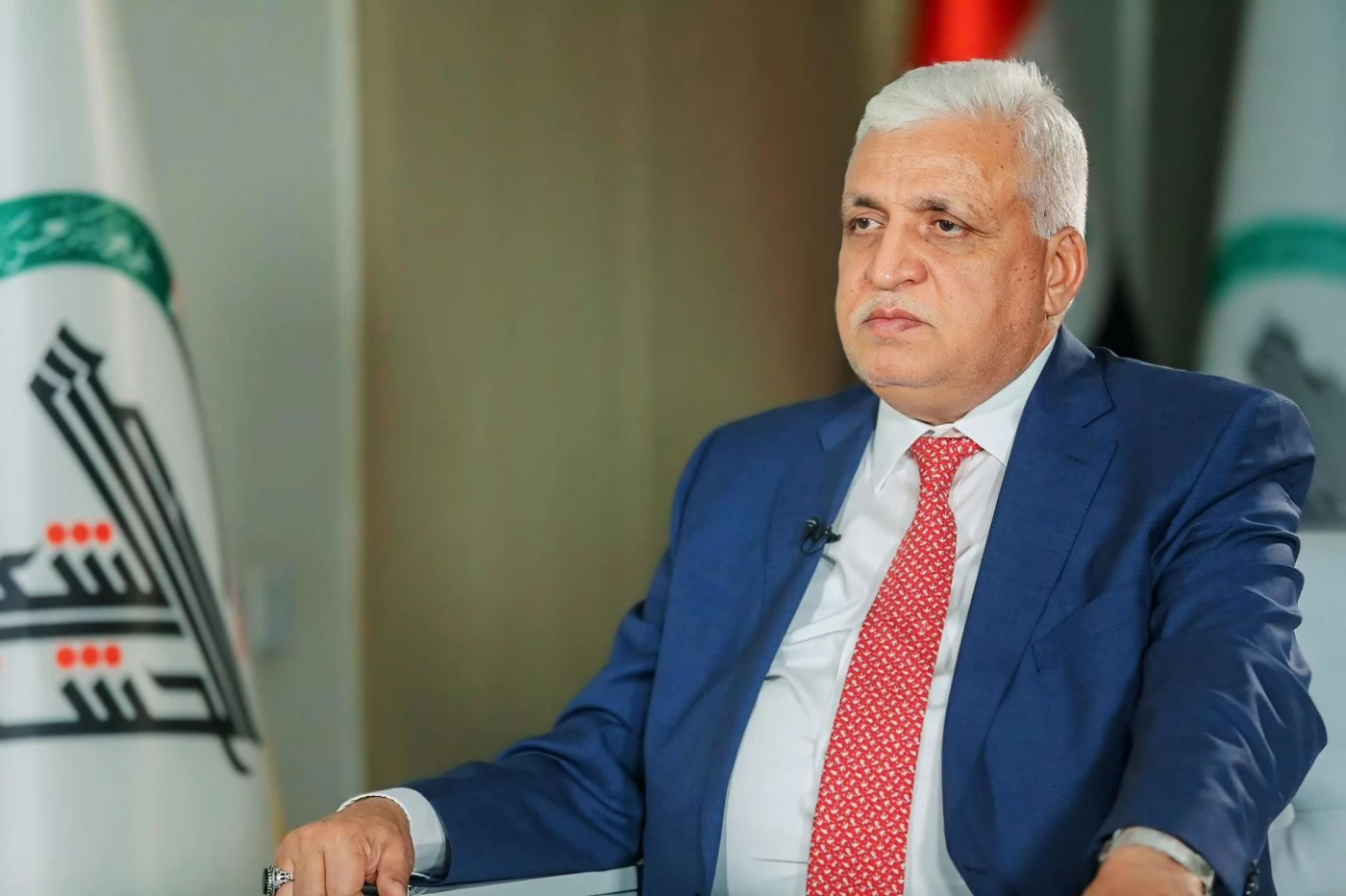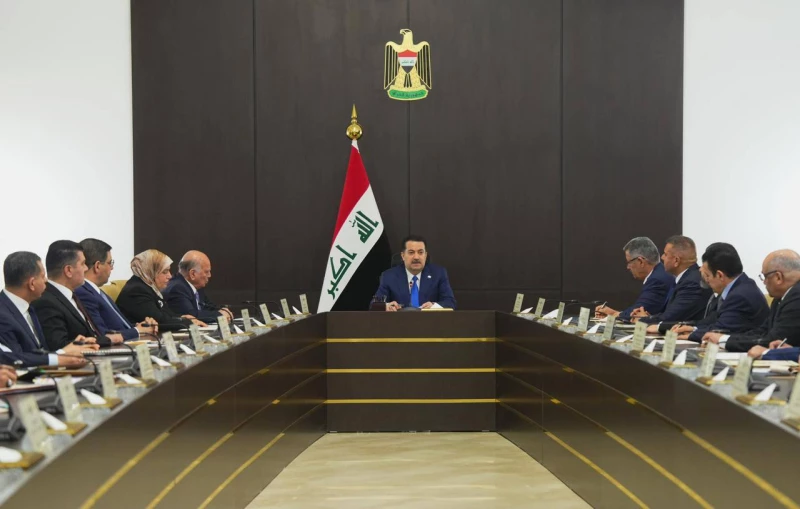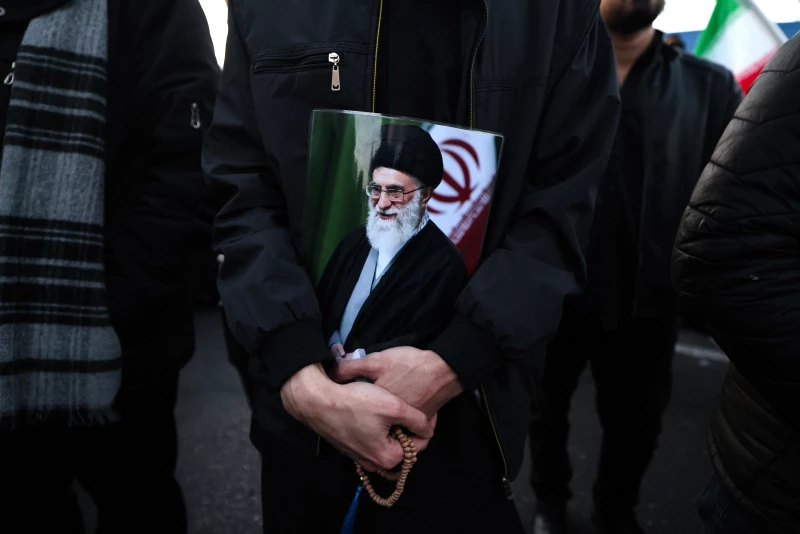ERBIL, Kurdistan Region of Iraq - Popular Mobilization Commission (PMC) chief Falih al-Fayyadh said Wednesday that dissolving the Popular Mobilization Forces (PMF) would be “suicide” and will not happen, as he defended its role in Iraq’s security and distanced it from armed factions.
In a televised interview, Fayyadh said the PMF was born in crisis and remains essential to Iraq’s stability. “The first months of the PMF were focused on rescue operations and rescuing whatever could be saved. Volunteering, enthusiasm, and the presence of leaders enabled the PMF to quickly make their way forward,” he said.
He rejected claims the PMF resembles the Islamic Revolutionary Guard Corps (IRGC), but stated that the Iranian force, led by Qassem Soleimani, “helped us defend Iraq” in the war against the Islamic State (ISIS).
“The PMF is an Iraqi force and has no connection to the IRGC… The PMF defends Iraq and has no external role or enmity with any side,” Fayyadh said.
Fayyadh stressed that the PMF law and structure were formed by experts in the Ministry of Defense, not faction leaders. “The law strengthens the separation between the PMC and the factions. We try to distance ourselves from the work of the factions,” he said.
The PMC chief also emphasized loyalty to the state, saying its members consider it a religious duty to obey the commander-in-chief, and that the force is disciplined and “prepared to protect embassies if ordered.”
“If the religious authority [Marjaiya] had a different opinion about the PMF, I would have changed my mind… Who in their right mind would say the PMF is no longer needed while the regional situation is no better than it was in 2014?” he asked.
The PMF, or Hashd al-Shaabi, was formed upon a call by Iraq’s top Shiite authority Ayatollah Ali al-Sistani soon after ISIS took over large swathes of territory in Iraq. The force has been officially incorporated into the Iraqi armed forces, enjoying similar privileges as the Iraqi army.
Fayyadh said no messages have been received from the religious authority regarding the PMF’s status, but dismissed the idea of dissolution: “Dissolving the PMF would be tantamount to suicide, and I do not expect it to come from the religious authority or the state.”
US Congress members have launched several initiatives in recent months to curb Iranian influence on Iraq, calling for the cessation of all security assistance to Iraq and imposition of terrorist designations on several armed factions who are part of the Iraqi state security apparatus due to their affiliation with Iran, including the PMF.
In March, US President Donald Trump addressed a letter to Iranian Supreme Leader Ayatollah Ali Khamenei, pressing Tehran for talks over the nuclear issue. The letter reportedly also included a direct request to dissolve armed groups in Iraq, specifically the PMF.



 Facebook
Facebook
 LinkedIn
LinkedIn
 Telegram
Telegram
 X
X


